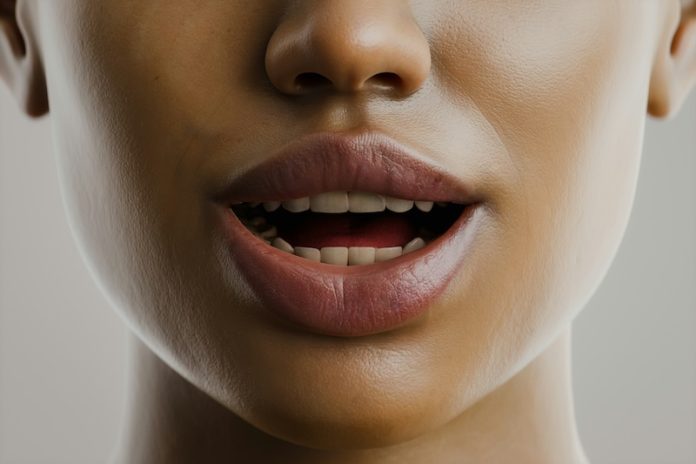
Brushing and flossing your teeth might do more than just keep your smile bright — it could also help protect your heart. A new study from researchers in Japan has revealed a surprising connection between oral health and heart health.
Scientists from Tokyo Medical and Dental University (TMDU) have discovered that a common bacterium found in gum disease may interfere with the heart’s ability to recover after a heart attack.
This new research, published in the International Journal of Oral Science, focuses on a bacterium called Porphyromonas gingivalis. It’s known for causing gum disease, but the study shows it might also play a damaging role in heart disease.
Understanding Heart Attacks
Heart attacks happen when blood flow to the heart is blocked, usually because of a clogged artery. This cuts off oxygen and nutrients to the heart muscle, causing heart cells — called cardiac myocytes — to die.
To protect the rest of the heart, these cells use a process called autophagy, which helps them clean up and remove damaged parts. Autophagy is the body’s way of recycling and protecting cells from further injury.
But the new study shows that Porphyromonas gingivalis might disrupt this self-cleaning process in the heart.
The Dangerous Role of Gingipain
The research team, led by Yuka Shiheido-Watanabe, took a closer look at how this bacterium affects the heart. In earlier studies, they found traces of Porphyromonas gingivalis at the site of heart attacks. But they didn’t know exactly how it was making things worse.
To find out, they created a special version of the bacterium that didn’t produce gingipain, a harmful substance (called a virulence factor) that Porphyromonas gingivalis normally makes. Gingipain has already been shown to interfere with how cells die and repair themselves.
The scientists then exposed heart cells — and also mice — to both the normal bacterium and the modified version without gingipain.
What They Found
The results were striking. The heart cells that were exposed to the modified, less harmful bacterium stayed healthier and survived longer. In contrast, the cells exposed to the original, gingipain-producing version became much more damaged.
In mice, the damage caused by a heart attack was also worse in those infected with the wild-type Porphyromonas gingivalis than in those infected with the modified version.
The reason? Gingipain interferes with the heart cells’ autophagy process. It blocks the fusion of two important cell structures — autophagosomes and lysosomes — which must join together to remove damaged material from cells.
When this process is blocked, harmful waste builds up, causing cell damage and even cell death. In the heart, this buildup can lead to serious complications like larger heart cell size, weaker heart function, and even heart rupture after a heart attack.
Why This Matters
This study shows that poor oral health — particularly gum infections caused by Porphyromonas gingivalis — could make heart attacks more dangerous by interfering with the body’s ability to heal. It highlights the surprising ways that bacteria from the mouth can affect other parts of the body, including the heart.
These findings suggest that treating gum disease or preventing infection with Porphyromonas gingivalis might reduce the risk of severe heart damage after a heart attack. It also raises new possibilities for heart attack treatment — perhaps in the future, we could develop therapies that block gingipain or support the heart’s autophagy process.
The Takeaway
Taking care of your teeth and gums may be more important than you thought — not just for a healthy mouth, but for a healthy heart. Regular brushing, flossing, and dental check-ups could help prevent gum disease and reduce your risk of more serious health issues down the line.
This study is a powerful reminder that our bodies are deeply connected. What happens in the mouth doesn’t stay in the mouth — it can reach all the way to the heart.
If you care about gum health, please read studies about an important causes of tooth decay and gum disease, and common tooth disease that may increase risks of dementia.
For more health information, please see recent studies about mouthwash that may increase your tooth damage, and results showing this diet could help treat gum disease.
Copyright © 2025 Knowridge Science Report. All rights reserved.



